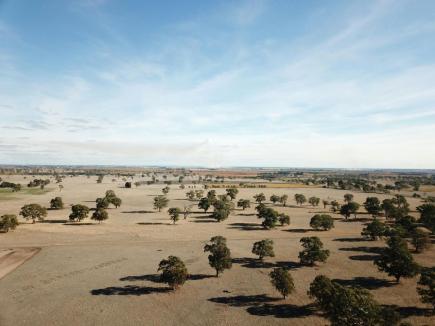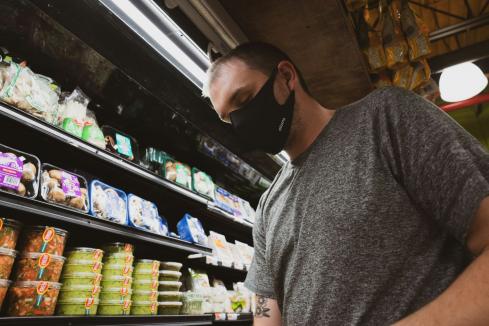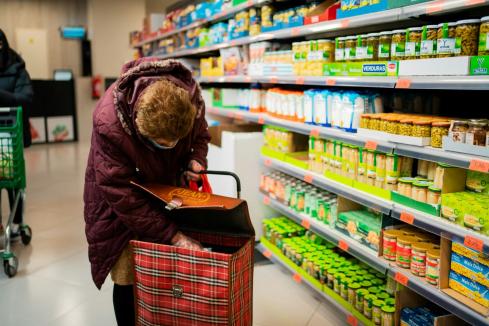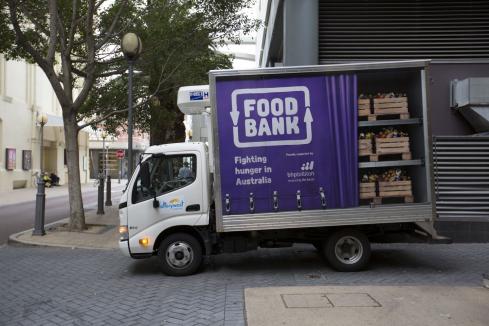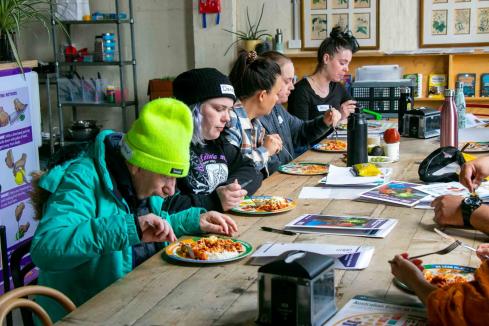Foodbank WA’s mission is to “feed, educate and advocate”, providing food relief to those who need it, and is involved in initiatives to decrease its environment footprint.

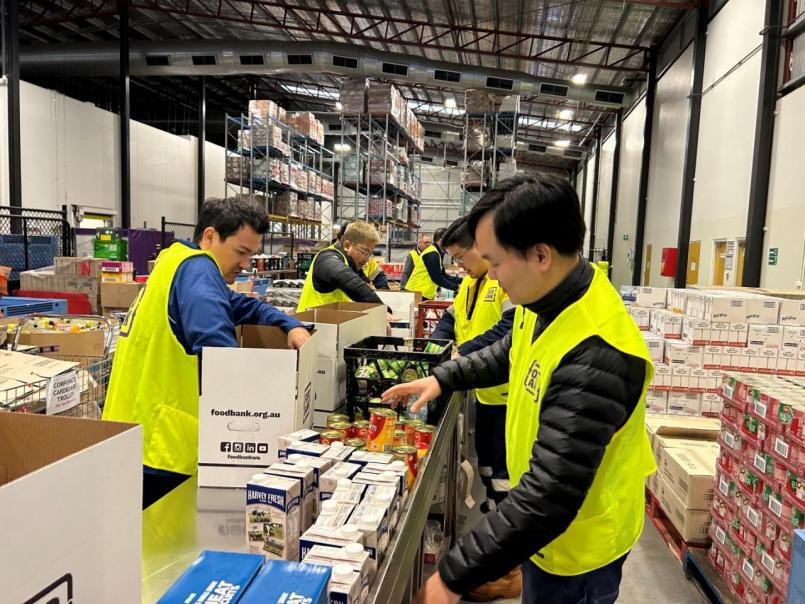
Foodbank WA’s mission is to “feed, educate and advocate”, providing food relief to those who need it, and is involved in initiatives to decrease its environment footprint.
Last financial year, Foodbank WA provided 9.2 million meals to those who were doing it tough in WA, distributing food and groceries through 352 frontline charities. They also provided breakfast and fruit to over 500 schools, feeding almost 25,000 children weekly.
“A great majority of the food we distribute is donated or rescued from landfill. Last year we saved 4.7 million kilos from landfill and 9 million kilos of CO2 emissions,” Kate O’Hara, Foodbank WA’s CEO, told Business News.
“We have a number of initiatives in place to decrease our footprint in the environment. We started out with Containers for Change which, in only two years, we have managed to recycle 21,866 containers which has a great knock-on effect as it has generated just over $2000 which we have been able to re-invest in purchasing much-needed essential food.
“We also work closely with the wonderful people at Richgro and farmers to donate liquids such as milks where they are used to make fertilizers or electricity,” she added.
One of the biggest changes Foodbank WA recently implemented has been to hire compactors to further its recycling capabilities. This has enabled the charity to cancel the monthly removal of 170 cardboard and plastic bin collections and have reduced the removal of 110 240L general waste collections, down to only three a week. The bales and plastics from the compactors are collected free of charge and recycled.

Image: City of South Perth.
“Not only do we have significantly less trucks entering the premises and save money on rubbish collection but importantly we have the peace of mind knowing that we are doing our bit for the environment,” Ms O’Hara said.
Foodbank WA’s kitchen and communal areas have co-mingled recycling bins set up, which helps to divert waste that would otehrwise end up in landfill.
“Last, but certainly by no means least, our one-of-a-kind Community Kitchen has helped us to reduce our food waste drastically,” she added. The Community Kitchen rescues food nearing its expiry date to provides nutritious meals for people experiencing food insecurity in WA.
Since its inception in 2015, Foodbank WA’s Community Kitchen has now made and distributed more than half a million meals, relying on donations of food from supermarkets, farmers, and food manufacturers – often giving donated food a third life.
“This not only helps reduce food waste but also ensures that the meals produced are cost-effective and environmentally sustainable,” Ms O'Hara said.







